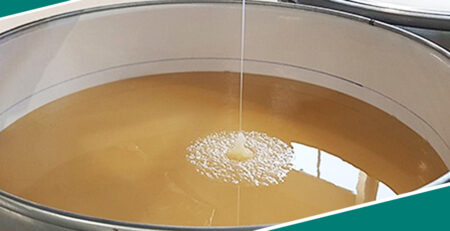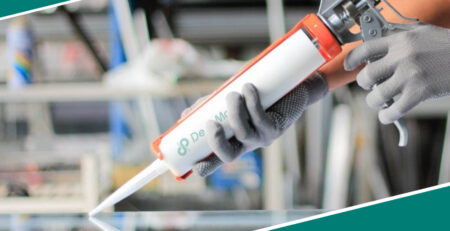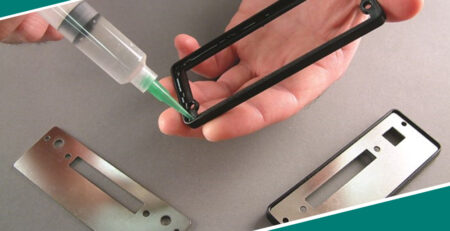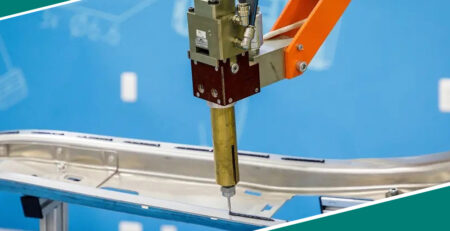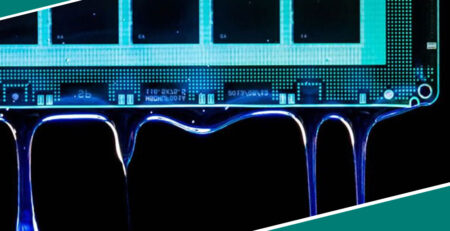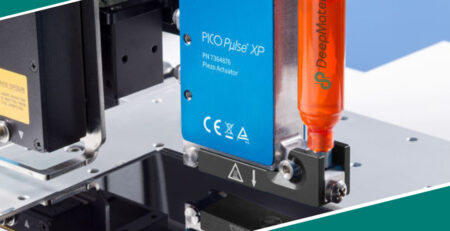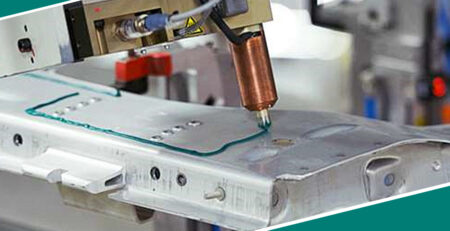Automatic Fire Extinguisher for Lithium Batteries: A Vital Safety Solution for the Future
Automatic Fire Extinguisher for Lithium Batteries: A Vital Safety Solution for the Future
Lithium-ion batteries power many devices we rely on daily, from smartphones and laptops to electric vehicles (EVs) and renewable energy storage systems. Their energy density and efficiency make them ideal for modern applications. However, as these batteries become more ubiquitous, the risks associated with their failure—particularly thermal runaway and subsequent fires—have raised serious concerns. When lithium-ion batteries overheat, they can catch fire, potentially causing severe damage or harm to people nearby.
Given the hazards associated with lithium-ion batteries, there is a growing demand for fire suppression solutions designed specifically for these high-risk energy sources. Enter the automatic fire extinguisher for lithium batteries, a cutting-edge safety technology to prevent catastrophic fires before they spread. This blog will explore the importance of these systems, how they work, and why they are critical for safely managing lithium battery risks.
Why Lithium Batteries are Prone to Fires
Lithium-ion batteries are known for their high energy density, but this characteristic also makes them vulnerable to dangerous overheating, resulting in fires or even explosions. Several factors contribute to the risks associated with these batteries:
- Thermal Runaway:If a lithium battery is subjected to excessive heat, overcharging, or physical damage, it can undergo a process known as “thermal runaway,” where the battery’s internal temperature rises uncontrollably, causing it to ignite.
- Overcharging or Deep Discharging:Lithium-ion batteries are sensitive to charge cycles. Overcharging or discharging too deeply can compromise their structure, leading to short circuits or heat buildup.
- Physical Damage or Penetration:Crushed, punctured, or damaged lithium batteries can short-circuit, triggering fires.
- Internal Short Circuits:Manufacturing defects or degradation over time can result in internal short circuits, leading to rapid heating and combustion.
These risks suggest that traditional fire extinguishers may not be the best solution for combating battery fires, especially considering how quickly they can escalate.
The Need for Automatic Fire Extinguishers for Lithium Batteries
Traditional fire suppression systems, such as water-based sprinklers or general-purpose extinguishers, may not be effective in dealing with lithium-ion battery fires. These fires require specialized intervention due to the chemical reactions during thermal runaway. An automatic fire extinguisher for lithium batteries can be pivotal in containing a fire before it spreads.
These systems are specifically engineered to detect early signs of a battery fire and respond immediately, mitigating the risk of significant damage. Here’s why these systems are necessary:
- Early Detection of Fire or Overheating:Automatic fire extinguishers for lithium batteries have sensors that can detect heat buildup or abnormal temperature spikes. This ability allows them to react before the situation escalates into a full-blown fire.
- Rapid Response:Automatic extinguishing systems are designed to act faster than human intervention, which prevents battery fires from growing uncontrollably.
- Localized Suppression:These systems can target the specific battery compartment or area where the fire occurs, limiting collateral damage.
- Minimal Human Intervention:With automatic systems, there’s less need for people to be around in case of a fire, reducing the risk of injury.

How Automatic Fire Extinguishers Work
Automatic fire extinguishers designed for lithium batteries integrate several components to detect and suppress fires at their inception. Below is an overview of how these systems function:
Fire Detection Technology
Early fire detection is the first step in a lithium battery fire suppression system. These systems use advanced sensors such as:
- Temperature Sensors:Detect sudden increases in temperature indicative of a fire or thermal runaway.
- Smoke and Gas Detectors:Some systems can also detect smoke or the presence of gases like carbon monoxide, which may be produced in the early stages of a lithium-ion battery fire.
- Infrared Sensors:These sensors track heat signatures and can quickly spot the overheating of individual cells in a battery pack.
Fire Suppression Mechanism
The system activates an automatic suppression mechanism once a fire or potential fire is detected. Common suppression agents include:
- Water Mist:Unlike traditional sprinklers, which use large amounts of water, water mist systems generate tiny droplets that absorb heat, cooling the fire without creating a risk of water damage.
- Inert Gas Systems:Inert gases like CO2, nitrogen, or argon are used to displace oxygen around the fire, suffocating the flames without causing a chemical reaction with the battery.
- Foam Suppression:Some systems use foam that forms a barrier over the fire, preventing oxygen from fueling the blaze.
- Chemical Suppressants:Specialized fire suppression agents, such as potassium-based dry chemicals, can suppress fires by chemically interrupting combustion.
Self-Activation and Monitoring
The key benefit of automatic fire extinguishers is that they are self-activating. Once the system detects a fire, it triggers the suppression mechanism without human involvement. These systems are often connected to monitoring tools that alert operators or safety personnel, especially in industrial or vehicle settings, allowing them to take appropriate action.
Maintenance and Testing
Automatic fire extinguishers for lithium-ion batteries are designed for low maintenance but require periodic checks to ensure they remain functional. Regular testing ensures the sensors, suppression agents, and activation mechanisms work correctly.
Types of Automatic Fire Extinguishers for Lithium Batteries
Several automatic fire extinguishers are tailored to different applications using lithium-ion batteries. Below are some of the most common:
EV Battery Compartment Extinguishers
Electric vehicles (EVs) are one of the most significant applications of lithium batteries. As EV fires have gained public attention, manufacturers have responded by designing automatic fire extinguishing systems for battery compartments. These systems are compact and can suppress engine or battery compartment fires before they spread.
Energy Storage Systems (ESS)
Energy storage systems (ESS), which store renewable energy like solar or wind power, rely heavily on lithium-ion batteries. ESS often have larger battery packs, and fires in these systems can cause significant damage. Automatic fire extinguishers in these settings help protect expensive infrastructure and reduce the risk to people working nearby.
Consumer Electronics
Some manufacturers are developing miniaturized fire suppression systems that can be embedded within small electronic devices, including laptops, smartphones, and other personal gadgets. Though still early, such solutions could dramatically improve consumer safety.
Industrial Applications
In industries where large numbers of lithium-ion batteries are used (e.g., warehouse robots, drones, and forklifts), automatic fire extinguishers help ensure that any fire is quickly controlled, minimizing the risk of damage and injury.
Benefits of Automatic Fire Extinguishers for Lithium Batteries
The growing reliance on lithium-ion batteries makes automatic fire suppression systems an essential investment. Some of the key benefits include:
- Improved Safety:Automatic fire extinguishers significantly reduce the risks associated with lithium battery fires, providing a safer environment for people and property.
- Cost Savings:Early intervention in fire suppression minimizes the extent of damage, leading to lower repair and replacement costs.
- Compliance with Regulations:In many regions, regulations are enacted to ensure the safety of battery-powered systems. An automatic fire extinguisher system can help ensure compliance with these safety standards.
- Peace of Mind:An automatic system in place gives users peace of mind, knowing their devices, vehicles, or energy systems are protected.
Conclusion
Lithium-ion batteries power the world but pose significant risks when things go wrong. Integrating automatic fire extinguishers explicitly designed for lithium batteries can help mitigate these risks, providing an early, effective response to potential fires. By combining advanced detection technologies with rapid suppression systems, these safety solutions protect people, property, and valuable assets from the devastating effects of battery fires. As the use of lithium-ion batteries continues to grow, investing in fire protection for these power sources is no longer just an option—it’s a necessity.
For more about a complete guide to automatic fire extinguisher for lithium batteries: a vital safety solution for the future, you can pay a visit to Deepmaterial at https://www.adhesivesmanufacturer.com/ for more info.



